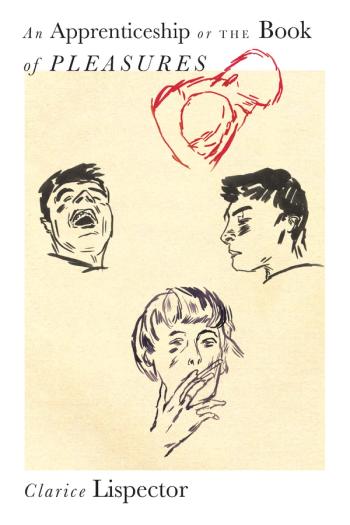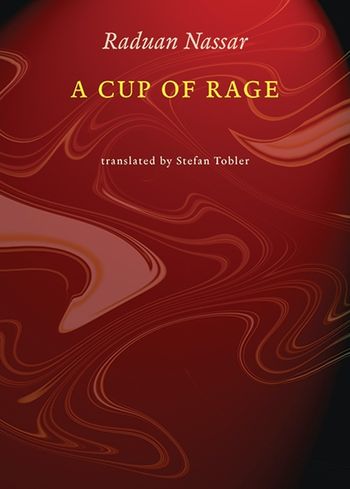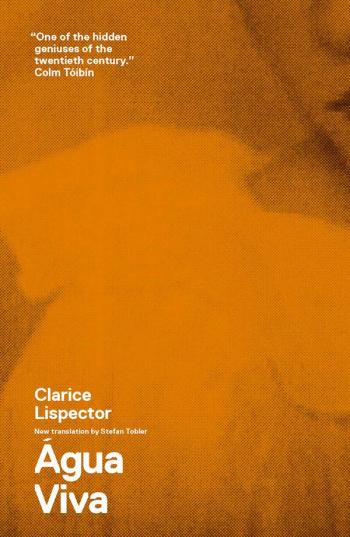Lóri, a primary school teacher, is isolated and nervous, comfortable with children but unable to connect to adults. When she meets Ulisses, a professor of philosophy, an opportunity opens: a chance to escape the shipwreck of introspection and embrace the love, including the sexual love, of a man. Her attempt, as Sheila Heti writes in her afterword, is not only “to love and to be loved,” but also “to be worthy of life itself.”
Published in 1968, An Apprenticeship is Clarice Lispector’s attempt to reinvent herself following the exhausting effort of her metaphysical masterpiece The Passion According to G. H. Here, in this unconventional love story, she explores the ways in which people try to bridge the gaps between them, and the result, unusual in her work, surprised many readers and became a bestseller.
Some appreciated its accessibility; others denounced it as sexist or superficial. To both admirers and critics, the olympian Clarice gave a typically elliptical answer: “I humanized myself,” she said. “The book reflects that.”



